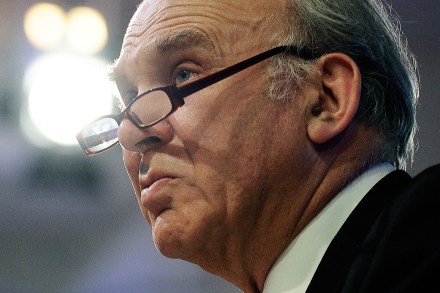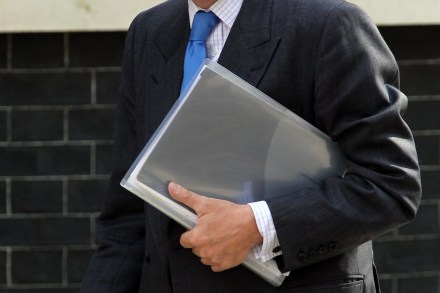Cable: interim immigration cap is “very damaging to the UK economy”
After stumbling in his crusade for a graduate contribution, Vince Cable seemed to go a bit quiet. But this morning he’s roared back into the newspapers with another attack on coalition policy. The target of his anger is, once again, the immigration cap – but he’s being far less equivocal about it this time around. The way in which the cap is being implemented this year, he tells the FT, is “very damaging to the UK economy.” To force the point home, he says he has a “file full” of companies who are suffering because of it. And, for good measure, the word “damaging” gets deployed once or twice more.

















